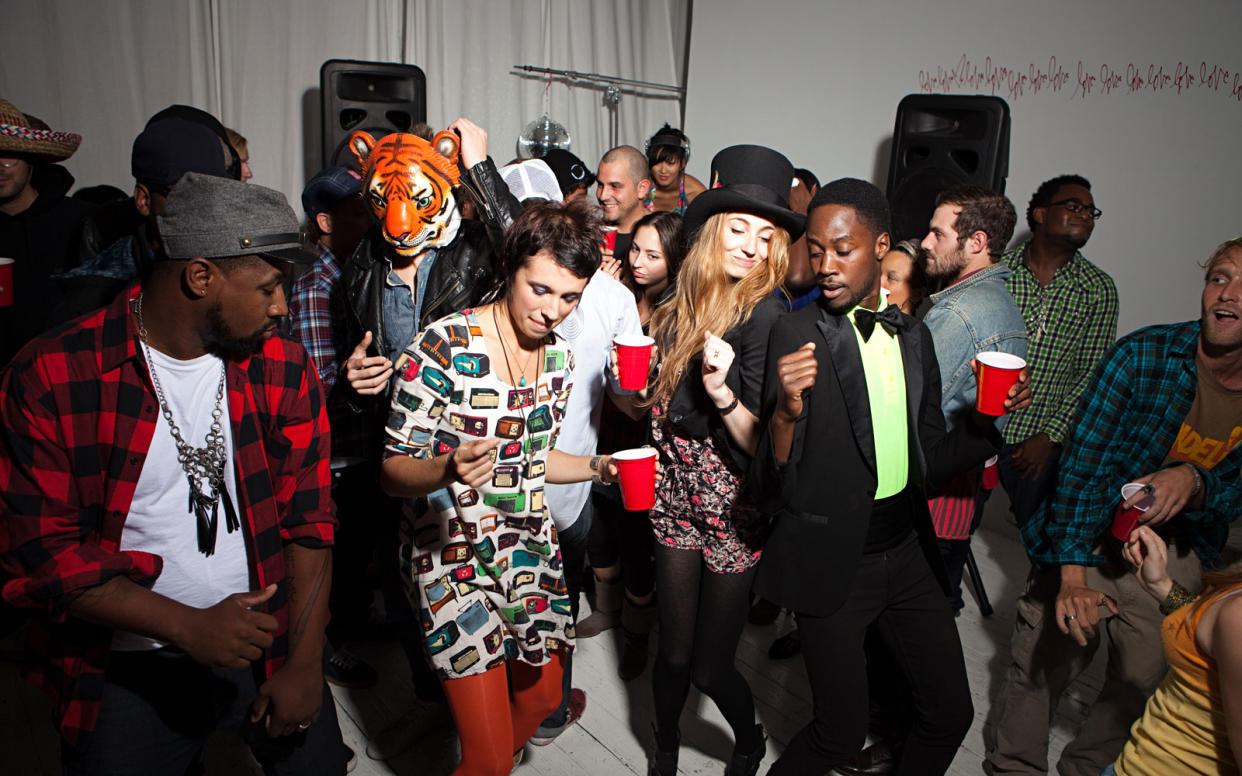Dancing Is No Longer Illegal in New York City Bars

The New York City Council was set to overturn an archaic law that prohibited dancing in New York City bars for nearly a century.
The cabaret law was imposed in the 1920s as a way to patrol speakeasies, and it has lingered throughout the 20th century. Bars that want to host live acts must have a cabaret license, though the vast majority do not.
Law enforcement has not strongly enforced the rule since the era of former Mayor Rudy Giuliani, but technically only 97 of some 25,000 eating and drinking establishments in the city have a cabaret license allowing dancing, according to The New York Times.
Part of the push to change the law has come from representatives in Brooklyn, where unauthorized warehouse dance parties have become more popular. Citing a recent fire in a similar warehouse party in Oakland, California, that left 36 dead, Brooklyn moved to ensure that residents had more legal places to dance.
“When we stop people from dancing, they go straight to these warehouses,” John Barclay, who runs Bossa Nova Civic Club in Brooklyn (without a cabaret license) told the Times. “People haven’t stopped dancing, they’re just dancing in these extremely unsafe, unregulated environments.”
Throughout the law's 91-year history, other opponents have criticized it as racist, as it was often used to punish clubs in Harlem and to keep African-American musicians from performing.
From 1943 on, artists needed their own cabaret cards to perform, and Ray Charles and Billie Holiday were both denied permission.
Frank Sinatra protested the rule, refusing to perform for an entire year in 1957.
“I will not seek a cabaret card in New York because of the indignity of being fingerprinted, mugged and quizzed about my past,” Sinatra said at the time, The Washington Post reported.

